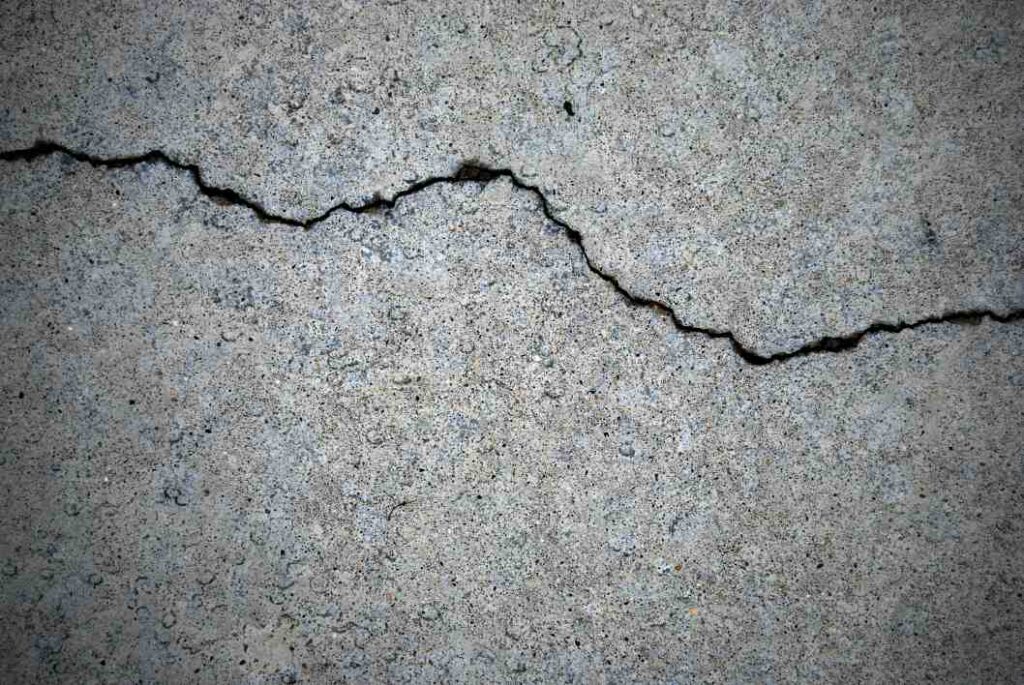How to Fix Cracks in Concrete Flooring
How to Fix Cracks in Concrete Flooring
Concrete is strong, but it’s not impenetrable. Whether you see cracks in your garage floor, driveway, or patio, don’t wait to tackle these flaws, or they’ll only get worse. Here’s how to spot, fix, and prevent concrete floor cracks.
Signs You Should Repair Your Concrete Floor
Cracks might start small, but they don’t usually stay that way. Here’s how you know it’s time to act:
- New cracks have appeared recently.
- Existing cracks are widening.
- The concrete is flaking or crumbling at the edges.
- Dents or holes have developed, likely from dropped tools or weights.
- Uneven surfaces or lifted sections regularly trip you up.

How to Fix Cracks in Concrete
You have various options for repairing cracked concrete, but not every method is created equal. The right solution depends on the location, size of the crack, and whether you plan to apply a floor coating after the repair. Here are the top concrete crack repair methods:
- Flexible concrete caulk is ideal for exterior slabs like patios and driveways. It stretches with the concrete and keeps moisture out.
- Epoxy filler for concrete is best for garage floors and interior spaces. It creates a smooth, sandable finish that pairs well with future coatings.
- Polyurea crack filler is a heavy-duty option for structural cracks where added strength is needed. It sets fast and resists wear.
- Foam backer rods fill wide cracks before applying caulk or filler, serving as reinforcements for your repair.
- Concrete patching is a quick fix for cosmetic issues but is not recommended for areas with movement or moisture.
How Long Does Concrete Crack Repair Last?
The lifespan of concrete crack repair depends on the method and where the repair was made. A DIY concrete patch might last a few months before crumbling under pressure. In contrast, professionally applied epoxy or polyurea can hold up for years, especially if the surface is later sealed or coated. Just remember, all repairs should be monitored. If the filler pulls away, cracks reopen, or moisture sneaks in, perform a touch-up. Consistent maintenance makes all the difference.
Preventing Floor Cracks in the Future
Concrete floors are certainly repairable, but preventing cracks in the first place saves you time and effort. Here’s how to keep your concrete smooth and solid for the long haul:
- Apply a protective floor coating to prevent damage from impacts, stains, and daily wear.
- Cushion the fall of heavy objects by placing rubber mats or pads under weight racks and work benches in home gyms and garages.
- Control moisture and drainage to prevent water from pooling on or near concrete surfaces.
- Avoid harsh cleaners like acid and bleach that can degrade the surface and accelerate cracking.
- Seal regularly to add an extra layer of defense and make future cleaning easier.
Start Down the Path to Perfect Floors
Repairing cracks is just the first step. To truly transform your concrete floors, protect them with a coating that’s built to last. Whether you’re eyeing epoxy flooring for your garage or decorative resurfacing for your pool deck, Custom Floor Coating has you covered. We’ve completed thousands of residential and commercial jobs throughout Jacksonville and St. Augustine, and we’re ready to bring your vision to life. Contact us today for a free estimate.
